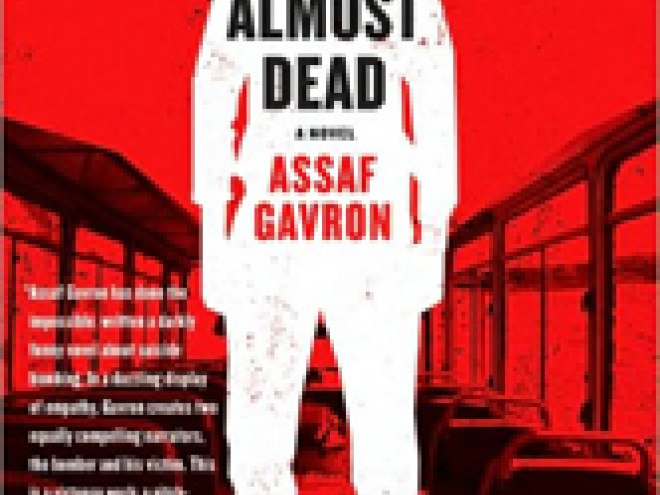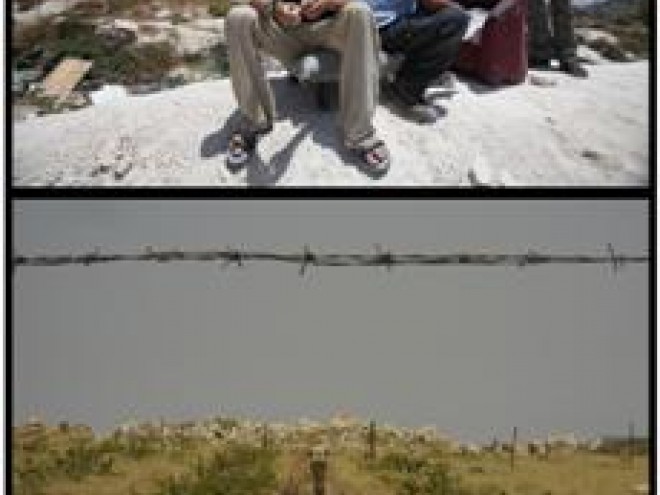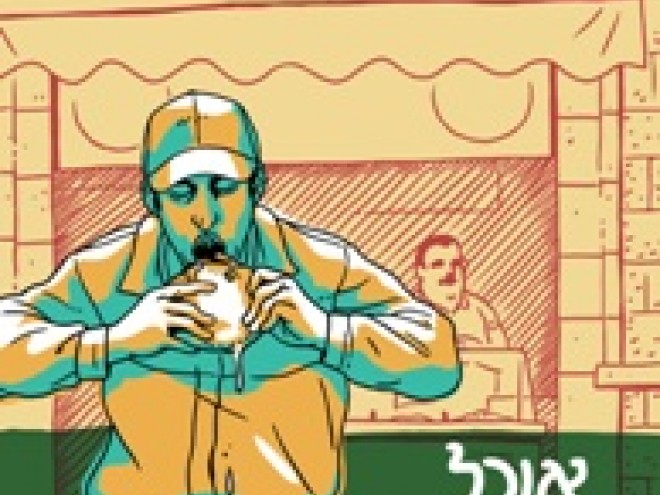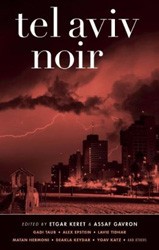In his last posts, Assaf Gavron wrote about hanging out in the West Bank, moonlighting as an Israeli mover in New York City and about Israeli fast food. His most recent book, Almost Dead, is now available. He’s been blogging all week for the Jewish Book Council and MyJewishLearning.
 As a soldier in Gaza in the first Intifada, I unknowingly started the research to a novel I was to publish 18 years later (22 years later, this month, in English translation). Gaza hardly appears in the pages of this novel, Almost Dead, but what I saw in its refugee camps, their streets and their houses, was the main inspiration to the story of Fahmi, one of the two storytellers of the novel.
As a soldier in Gaza in the first Intifada, I unknowingly started the research to a novel I was to publish 18 years later (22 years later, this month, in English translation). Gaza hardly appears in the pages of this novel, Almost Dead, but what I saw in its refugee camps, their streets and their houses, was the main inspiration to the story of Fahmi, one of the two storytellers of the novel.
That period of a few months in 1988 was the first time I was exposed to Palestinian life. The first time I understood what “occupation” means, how it works, and how life under it looks like. How young kids behave when they are given power over other people, and how those people react to them.
Living in Tel Aviv in 2002 was the starting point for the second storyteller ofAlmost Dead, the Israeli 30-something hi-tech engineer Eitan “Croc” Enoch. The surreal and chaotic atmosphere, with suicide bombs going off on a daily basis in Israeli cities and people living in trauma and paranoia while trying to conduct their “normal” daily life, almost called me to deal with it through writing.
So here I was, with these two sides of the coin, two stories running parallel and at the same time bitterly colliding, so close and so apart, so similar and so different and all the other clichés (though clichés are sometimes true). I wanted to look into this point in time and to go deeper, to write about life at this time and place, as lived on both sides of the fence.
For Croc’s story, I only had to look around me. The people, the jobs, the city, the sensibilities were all around me. For Fahmi’s, I had to work harder. So I started with my Gaza memories for the looks, the smells, the alleys and the curfews. But my story takes place a decade and a half later, during a different, bloodier second intifada, and in the West Bank. And now it was much more difficult for me to gain access to this place. In fact, the actual refugee camp where Fahmi lives in is forbidden ground for Israelis. So I read books and magazine articles, watched the many documentaries made by Israelis as well as foreigners on suicide bombers and on the occupation, and traveled where I could — for example, to visit a friend doing a reserve army service in Ramallah.
The final part of getting Fahmi’s story right was to find Palestinians who can read Hebrew and would be prepared to read the texts and give me their comments. Through internet forums and cooperation organizations I found two readers, professors of Hebrew in the Gaza University. Connecting with them and sharing my texts with them was exciting and tremendously useful – their comments on things as small as the brand of cheese my character would eat and as big as the way he would behave near a woman were crucial. Most importantly, their overall approval of Fahmi’s character and reliability gave me the final courage to publish the book.
Almost Dead was just published by HarperCollins in the US. It was published in Israel in 2006, and since then has appeared in German, Italian, Dutch, and soon in French. A movie based on the novel is in production by Neu Filmproduktion from Berlin (”Goodbye Lenin”, “Run Lola Run”).
New York, 1998: Research for “Moving”
Jerusalem, 1995 – 1996: Eating Standing Up
Wild West Bank
Almost Dead: Gaza, 1988 / Tel Aviv & Jerusalem, 2002



